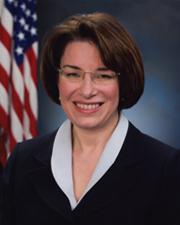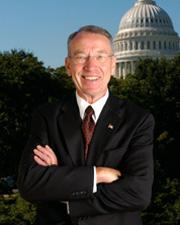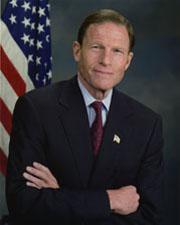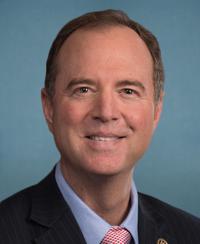4
4
4
Cameras in the Courtroom Act
4/11/2025, 1:01 PM
Summary of Bill S 1146
Bill 119 s 1146, also known as the "Televising Supreme Court Proceedings Act," is a proposed piece of legislation that aims to allow for the televising of Supreme Court proceedings. The bill seeks to increase transparency and accessibility to the highest court in the United States by allowing the public to view oral arguments and other proceedings through televised broadcasts.
If passed, the bill would require the Supreme Court to permit the televising of all open sessions, including oral arguments and the announcement of opinions. The bill also includes provisions to ensure that the televising of proceedings does not interfere with the administration of justice or compromise the integrity of the court.
Supporters of the bill argue that televising Supreme Court proceedings would provide the public with a better understanding of the judicial process and increase accountability of the court. They believe that allowing the public to view proceedings would promote transparency and trust in the judicial system. Opponents of the bill, however, raise concerns about the potential negative impact of televising Supreme Court proceedings. They argue that televising proceedings could lead to sensationalism, distortions of the legal process, and compromise the impartiality of the court. Overall, Bill 119 s 1146 is a controversial piece of legislation that seeks to increase transparency and accessibility to the Supreme Court through televised broadcasts. The bill has sparked debate among lawmakers, legal experts, and the public about the potential benefits and drawbacks of televising Supreme Court proceedings.
If passed, the bill would require the Supreme Court to permit the televising of all open sessions, including oral arguments and the announcement of opinions. The bill also includes provisions to ensure that the televising of proceedings does not interfere with the administration of justice or compromise the integrity of the court.
Supporters of the bill argue that televising Supreme Court proceedings would provide the public with a better understanding of the judicial process and increase accountability of the court. They believe that allowing the public to view proceedings would promote transparency and trust in the judicial system. Opponents of the bill, however, raise concerns about the potential negative impact of televising Supreme Court proceedings. They argue that televising proceedings could lead to sensationalism, distortions of the legal process, and compromise the impartiality of the court. Overall, Bill 119 s 1146 is a controversial piece of legislation that seeks to increase transparency and accessibility to the Supreme Court through televised broadcasts. The bill has sparked debate among lawmakers, legal experts, and the public about the potential benefits and drawbacks of televising Supreme Court proceedings.
Read the Full Bill
Current Status of Bill S 1146
Bill S 1146 is currently in the status of Bill Introduced since March 26, 2025. Bill S 1146 was introduced during Congress 119 and was introduced to the Senate on March 26, 2025. Bill S 1146's most recent activity was Read twice and referred to the Committee on the Judiciary. (text: CR S1874) as of March 26, 2025
Bipartisan Support of Bill S 1146
Total Number of Sponsors
4Democrat Sponsors
4Republican Sponsors
0Unaffiliated Sponsors
0Total Number of Cosponsors
3Democrat Cosponsors
2Republican Cosponsors
1Unaffiliated Cosponsors
0Policy Area and Potential Impact of Bill S 1146
Primary Policy Focus
LawAlternate Title(s) of Bill S 1146
A bill to permit the televising of Supreme Court proceedings.
A bill to permit the televising of Supreme Court proceedings.
Comments
Sponsors and Cosponsors of S 1146
Latest Bills
Dismissing the election contest relating to the office of Representative from the Twenty-eighth Congressional District of Texas.
Bill HRES 309December 12, 2025
Dismissing the election contest relating to the office of Representative from the Fourteenth Congressional District of Florida.
Bill HRES 308December 12, 2025
Dismissing the election contest relating to the office of Representative from the Thirtieth Congressional District of Texas.
Bill HRES 311December 12, 2025
Dismissing the election contest relating to the office of Representative from the Fourteenth Congressional District of Florida.
Bill HRES 312December 12, 2025
Dismissing the election contest relating to the office of Representative from the at-large Congressional District of Alaska.
Bill HRES 310December 12, 2025
Snow Water Supply Forecasting Reauthorization Act of 2025
Bill HR 3857December 12, 2025
ARCA Act of 2025
Bill S 1591December 12, 2025
Ensuring VetSuccess On Campus Act of 2025
Bill S 610December 12, 2025
Halting Ownership and Non-Ethical Stock Transactions (HONEST) Act
Bill S 1498December 12, 2025
Electric Supply Chain Act
Bill HR 3638December 12, 2025
Cameras in the Courtroom Act
Bill HR 2361April 11, 2025



